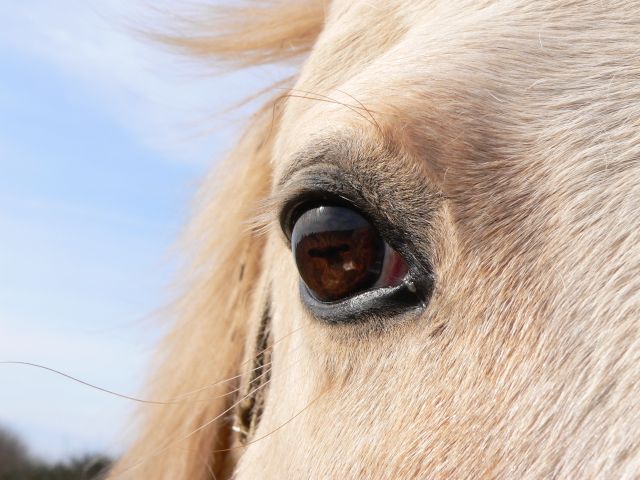Human activities with regard to animals and their implications (and why we should stop them)
(Intensive) Animal farming (Mammals, Birds and Reptiles) for their skin (leather) and fur, wool, down (goose feathers), silk, etc.
Fur and leather
"Excuse me, do I understand correctly? You're walking around with bits of dead animal skin on your feet? And you're wearing a coat made up of the skins of dead animals sewn together? Why???? Ah I see, it's because it's fashionable and looks good. Hmmm, is that really a reason to lock up animals in small cages and then rip their skin off or to trap animals or to club to death baby seals?"
We're in the 21st Century now. We don't need to use animal skins for our clothes: synthetic materials can easily replace them for anything but the most esoteric uses: in fact I'm struggling to find one, but I'm sure that someone, somewhere can find a situation where leather or fur is irreplaceable and use it to justify the wholesale abuse and cruel slaughter of millions of animals per year.
And let's not beat about the bush: animals raised for fur are kept under atrocious conditions:
- most species of fur animal are not at all domesticated: they fear and try to avoid humans, yet cannot avoid them as they are confined in individual, small, basic cages.
- their cages do not allow them to behave normally: mink have no access to water for swimming and foxes are not able to roam or dig as they would in nature.
- frustration and boredom as well as the stress associated with fear can cause self-mutilation and abnormal repetitive behaviour
More details are given in the report here .
And the killing methods are not very pleasant either: mink are generally gassed with carbon monoxide or carbon dioxide: some countries permit the use of engine exhaust fumes. Foxes are electrocuted by electrodes applied to the mouth and rectum. It is supposed to be painless when used on adequately sedated foxes in tests, however in practice, it is not
easy to handle foxes and on a fur farm time is money, so the sedation is often omitted. Other species such as rabbits, cats, dogs etc may be poisoned or beaten to death or even, as some videos seem to show, skinned whilst still alive. It seems that anything goes as long as the skin is not harmed! Note that the methods used for killing animals produced for their fur (and leather) would be considered inhumane and illegal, if applied to animals raised for their meat!
Contrary to popular belief, leather is not a byproduct of the meat industry: most leather, including that from cows, is from animals raised or hunted for the leather industry. (PETA just recently published a short video called: Your Leather in Reverse.) It's not just cows, but also goats, sheep, alligators, horses, ostrichs, cats and dogs that are killed for their leather. Most of the world's supply comes from India and China where animal welfare standards are low and/or not strictly enforced. Source : PETA
If you want to reduce the animal abuse of the leather and fur trades, then stop buying their products and encourage other people to do the same. And if you buy a garment with fake fur please make sure that it really is fake. Fur from Raccoon dogs has been widely misrepresented as fake fur or as a different species.
The site of PETA gives you a good overview of where all these animal products come from.
If you want to know more about leather click here

Next page :
- (Intensive) Animal farming and slaughter for meat/organs and other animal products like dairy products and eggs
- (Intensive) Animal farming (Mammals, Birds and Reptiles) for their skin (leather) and fur
- (Intensive) Animal farming for wool
- (Intensive) Goose farming for down
- Fishing and fish farming
- Circuses, Zoos and Marine Parks
- Animal testing and animals used in medical or veterinary universities
- Hunting, canned hunting and trophy hunting
- (Cruel) Animal Sports like bullfighting and other fiestas, cockfighting, horse racing, greyhound racing, sled dogs racing, pigeon racing, pig wrestling, rodeos etc.
- Pets
- Horse and pony riding
- Animals in films
- Zoophilia
- Anti-speciesism and climate change
- What can you do?

